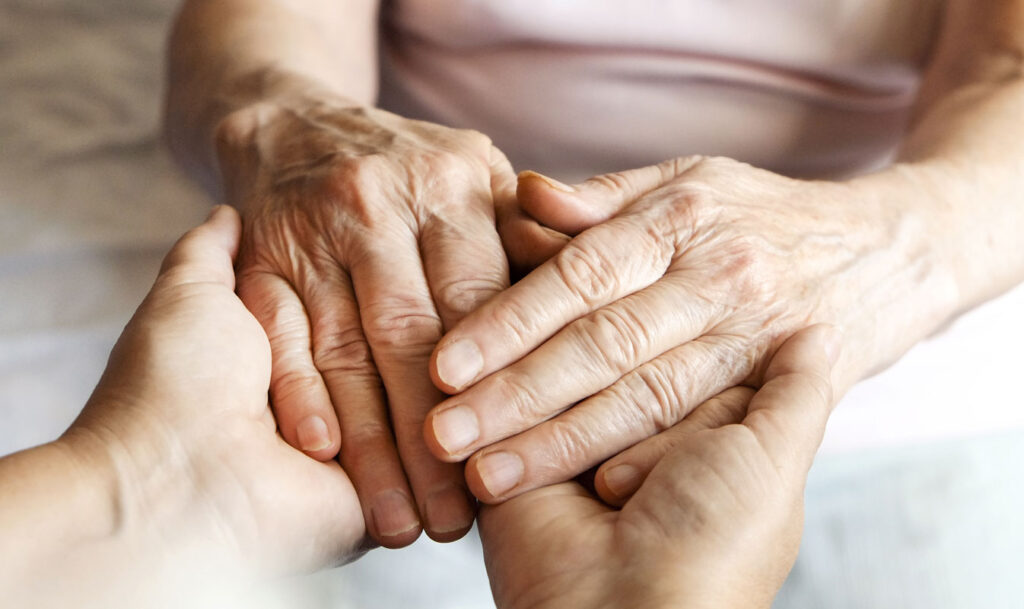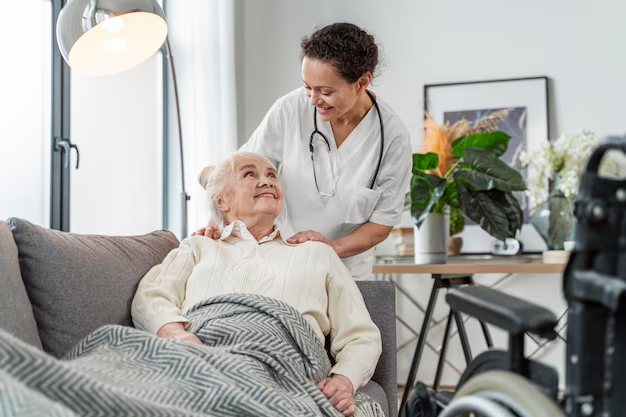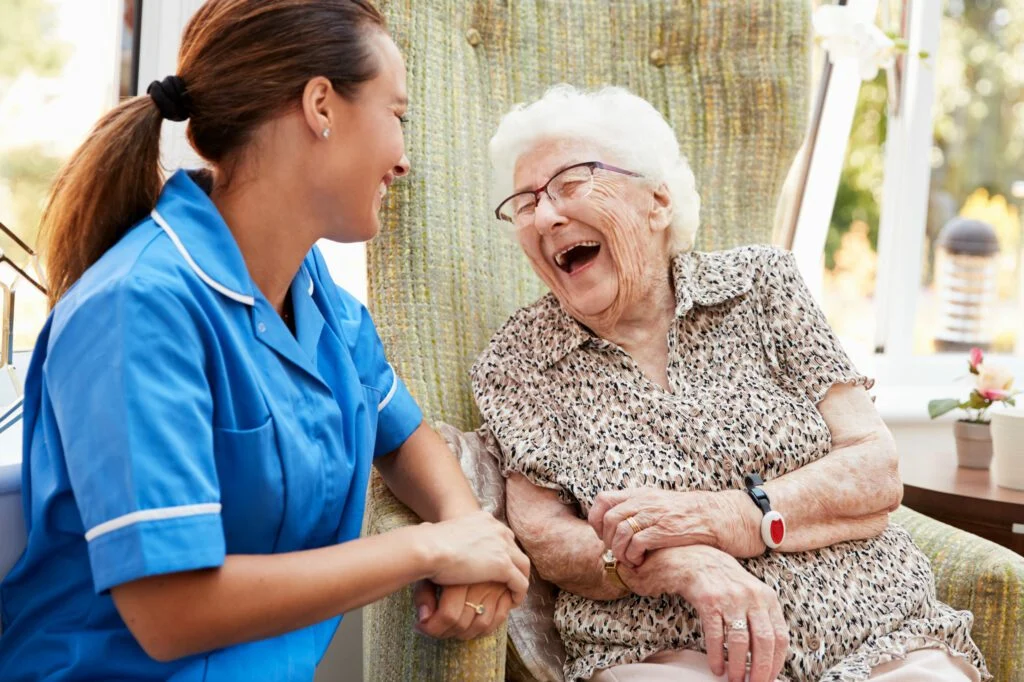
As people age, their needs evolve, often requiring specialized attention and care. Elderly care, sometimes referred to as senior care or geriatric care, is designed to support the unique physical, emotional, and social needs of older adults. Whether provided at home or in a professional care setting, compassionate elderly care is crucial for ensuring that seniors maintain a high quality of life while preserving their dignity and independence as much as possible.
Understanding Elderly Care
Elderly care encompasses a wide range of services tailored to the individual needs of seniors. These services can include assistance with daily living activities (such as bathing, dressing, and eating), medical care, physical therapy, and emotional support. As the elderly population grows, more families are seeking care solutions that not only address the physical health of their loved ones but also promote mental well-being and social engagement.
Why Compassion Matters
At the core of elderly care is compassion. As people age, they may face a variety of physical challenges, such as mobility issues, chronic illnesses, or cognitive decline. For many, the transition from independence to needing care can be emotionally difficult. It is in these moments that compassionate care makes all the difference. Caregivers who are empathetic and patient can create a nurturing environment where seniors feel respected, valued, and understood.
Elderly individuals deserve to be treated with kindness and dignity, even when their physical or cognitive abilities diminish. Compassionate care recognizes that seniors still have dreams, emotions, and personalities that should be honored. Simple gestures like taking the time to listen, engaging in meaningful conversations, or helping seniors participate in hobbies they love can significantly enhance their emotional well-being.
Maintaining Independence and Dignity
A common concern for seniors and their families is the loss of independence. While some elderly individuals may need full-time assistance, many still wish to maintain some level of autonomy. Elderly care services should be designed to balance safety and support with independence. This means allowing seniors to make decisions about their daily routines, hobbies, and how they receive care.
For example, offering choices in meals, daily activities, or leisure options can foster a sense of control and personal agency. Maintaining a sense of independence, even in small ways, contributes to the dignity of the elderly, reinforcing their self-worth and identity.
The Role of Family and Professional Caregivers
Families often play a central role in elderly care, providing emotional and physical support to their aging loved ones. However, as needs become more complex, professional caregivers or elderly care homes may be needed to ensure that the highest standards of care are met. Professional caregivers are trained to manage the challenges that come with aging, such as mobility issues, dementia, or chronic health conditions.
Whether at home or in a care facility, the collaboration between family members and professional caregivers is key. Open communication, understanding individual preferences, and making decisions together can help ensure the best possible care outcomes for seniors.
The Future of Elderly Care
As lifespans increase and the global population ages, the demand for elderly care will only grow. Families, caregivers, and society must work together to prioritize elderly care, ensuring that all seniors have access to compassionate, respectful, and comprehensive support. Investing in elderly care means investing in the dignity and well-being of our aging population.


